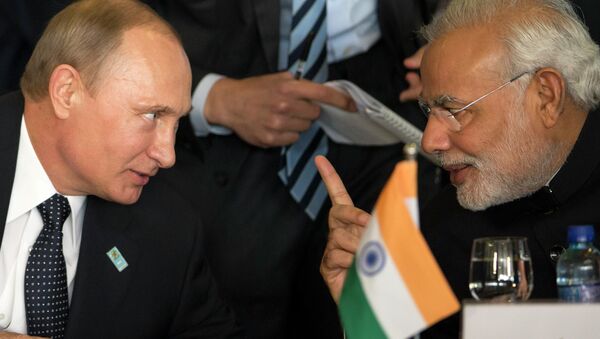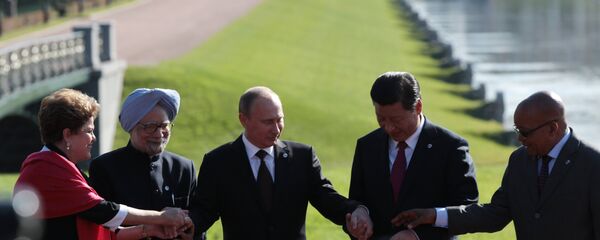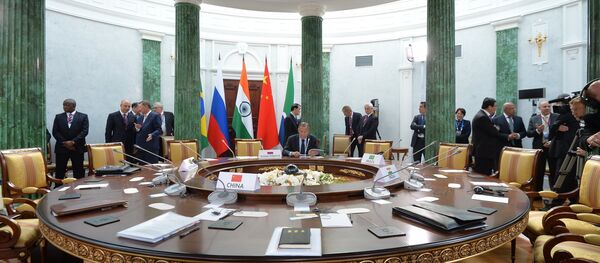This week, Russia’s Cabinet of Ministers approved the ratification of the NDB. Russia’s contribution to the fund is set at $18 billion.
“Remember the talk about the BRICS? Well, the picture has changed,” Lagarde said during her speech at the Atlantic Council in Washington, DC. “Russia…is experiencing economic difficulties, Brazil is also stagnating,” she continued.
On the other hand, Lagarde characterized India as “a bright spot.”
The IMF director added that Sub-Saharan Africa “continues to perform strongly.”
Low commodity prices were “the driver” for growth trends among emerging economies, Lagarde explained.
She argued that some patterns of declining growth among BRICS countries could be addressed through structural reforms within the individual countries.
Russia “can reap productivity by easing investment limits and improving the business [climate],” Lagarde advised. Other BRICS partners like Brazil, India, and South Africa “should certainly focus on reforming the education, labor, and product markets.”
Lagarde will be in Washington, DC next week to attend the spring meeting of the IMF and World Bank. At the meeting she will release the latest forecast on global economic output.



